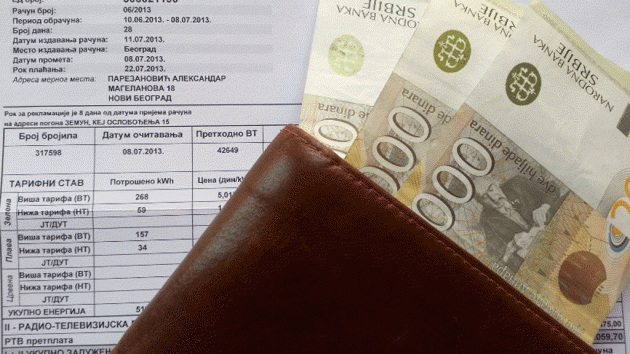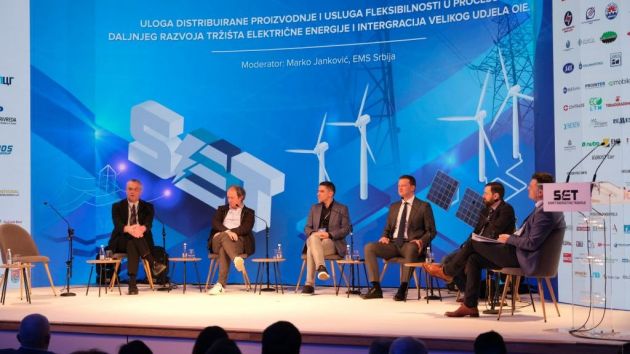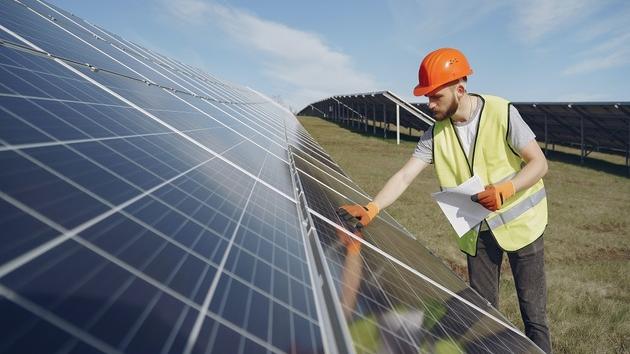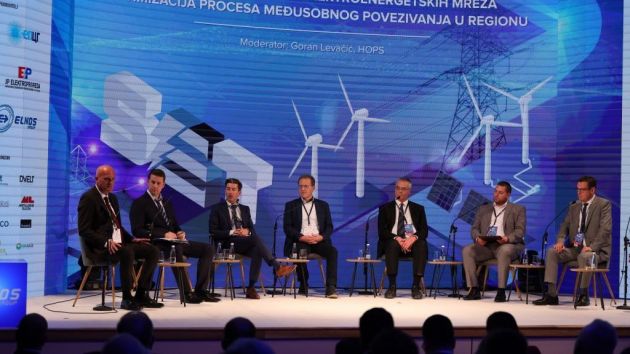Tariffs on Carbon-Dioxide Emissions to Increase Price of Electricity
Illustration (Photo: Petr Louzensky/shutterstock.com)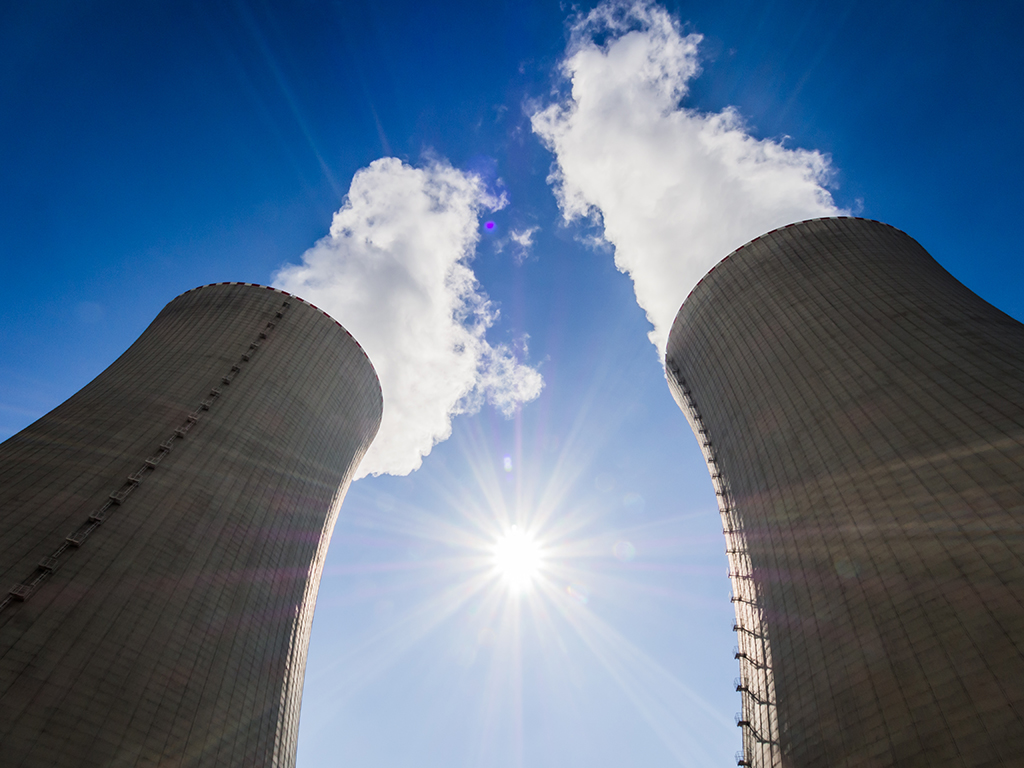

According to him, the European Union should make a pressure by requiring the countries to join the EU Emissions Trading System (ETS), whereas, on the other hand, it would provide financial incentives for the management of the social consequences of the gradual abandoning of carbon.
– The production of electricity in the Western Balkans countries is a lot cheaper than in the European Union – Kopac said in an interview for Euractiv and added that the Border Carbon Adjustments mechanism would take care of that.
When asked whether he expected the fees for carbon-dioxide emissions to be implemented in the countries of Southeast Europe which are members of the Energy Community, Kopac said that he hoped that those countries would be given a special status.
– I hope that they will have a special status, because they are participants in the EU single market. And if they are treated like third countries, the same way Russia, Turkey, or Morocco are treated, it could jeopardize the whole process of European integration which has taken place in the past 15 years – he said.
When asked why these countries are not part of the ETS, even though they have signed the Paris Agreement, he says that they are postponing that as much as possible.
He added that Montenegro was the only one to implement a price for carbon emissions, but added that it is a small country with no more than five participants in that market.
– The implementation of carbon prices will definitely lead to an increase in the price of electricity and this is something that politicians fear – Kopac said. He said that the prices of electrical energy for households were set much lower than the EU standard in all those countries.
Kopac said that the 16 thermal power plants in the Western Balkans countries, using obsolete technology, produced more harmful matters than the 250 coal-based thermal power plants in the territory of the European Union.
Still, he said, those power plants produce cheap electricity which secures revenues for the government, the miners and the local populace due to a complex system of subsidies.
When it comes to coal, Kopac said that Serbia, KiM and Bosnia and Herzegovina had the biggest problem.
– Both Serbia and Bosnia rely 70% on coal, and in Kosovo it’s 95%. Now everyone has signed the Sofia Declaration, which means that they have obliged to a gradual abandonment of coal by 2050 – Kopac said.
Kopac also said that Serbia was the only country in the region to build its future on coal – by building a new coal-based power plant and reconstructing another two.
Tags:
Energy Community
Janez Kopač
electricity
electricity price increase
Western Balkans
carbon dioxide
coal
Comments
Your comment
Naš izbor
Most Important News
Full information is available only to commercial users-subscribers and it is necessary to log in.
Follow the news, tenders, grants, legal regulations and reports on our portal.
Registracija na eKapiji vam omogućava pristup potpunim informacijama i dnevnom biltenu
Naš dnevni ekonomski bilten će stizati na vašu mejl adresu krajem svakog radnog dana. Bilteni su personalizovani prema interesovanjima svakog korisnika zasebno,
uz konsultacije sa našim ekspertima.


 Izdanje Srbija
Izdanje Srbija Serbische Ausgabe
Serbische Ausgabe Izdanje BiH
Izdanje BiH Izdanje Crna Gora
Izdanje Crna Gora


 News
News








